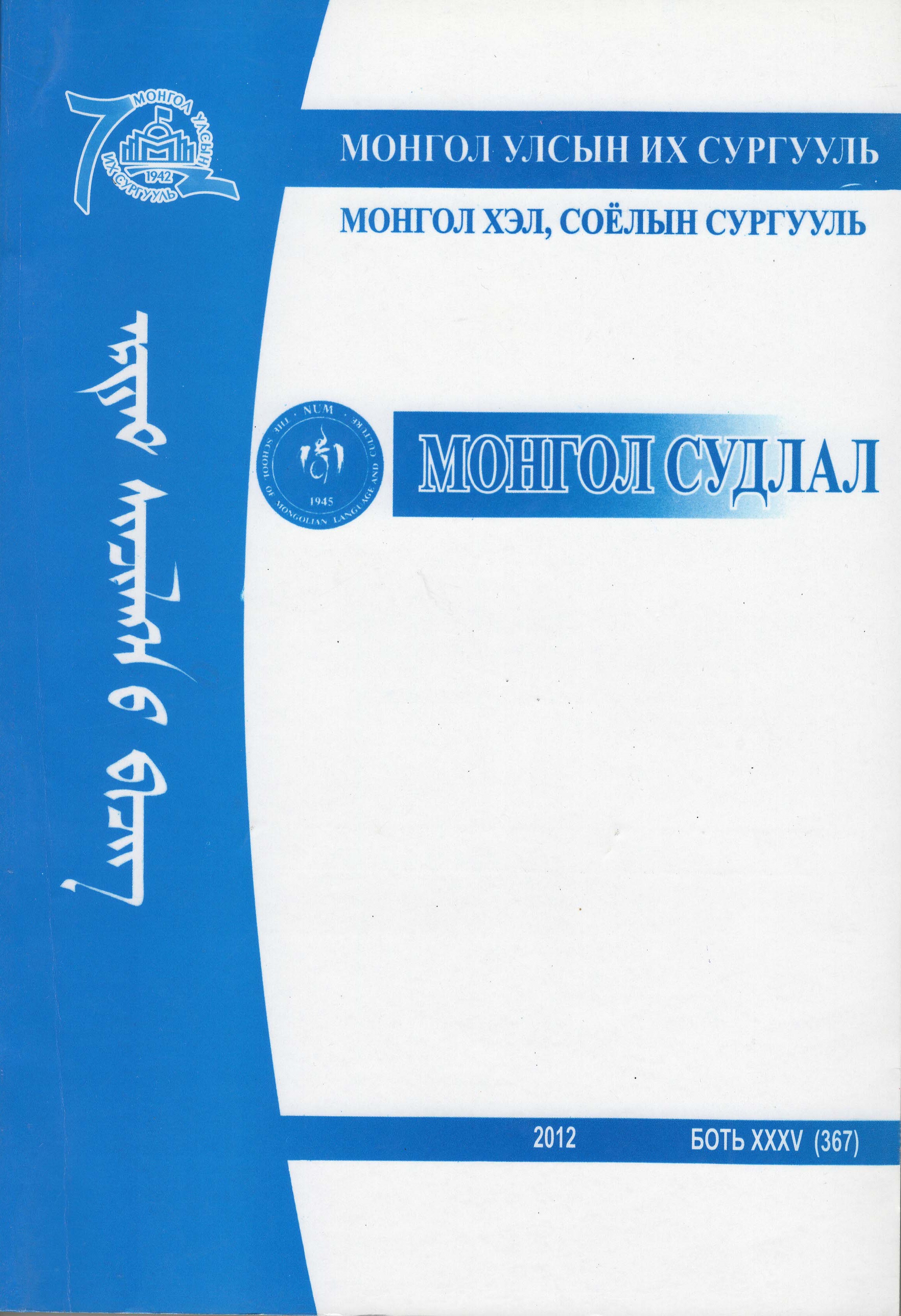Изнанка национальной идеи
The wrong side of national ideas
Abstract
Social philosophers have long recognized that the national idea plays an important role in political practice. So they named this soulful and integrative concept national identity. It expresses the fate of a people - the ethnic group, its purpose and mobilizes huge national power to achieve its goals.
The national idea as a justification to oppose States did not come immediately. Even in England, reflecting the level of the socio-economic development of other European countries, the idea crystallized only in the first decades of the XVII century. In the conflict between the crown and parliament, national identity is used as a tool to defend the ancient rights and liberties of the Anglo-Saxon nations of the monarchy.
In France, the national idea is also formed in conflict with absolutism and triumphed in the French Revolution, but has acquired a very specific content: the nation came to be regarded not so much as a special group of people with a common "cultural essence," special rights and privileges, but as a body of citizens having the universal human rights and is the source of legitimate authority. This universalism did not stop as a national idea in France, but continued to transform into a nationalist doctrine.
Thus, the national idea is a necessary but not sufficient element of the nationalist doctrine that emphasizes the originality of the nation, although it can claim universal principles.





